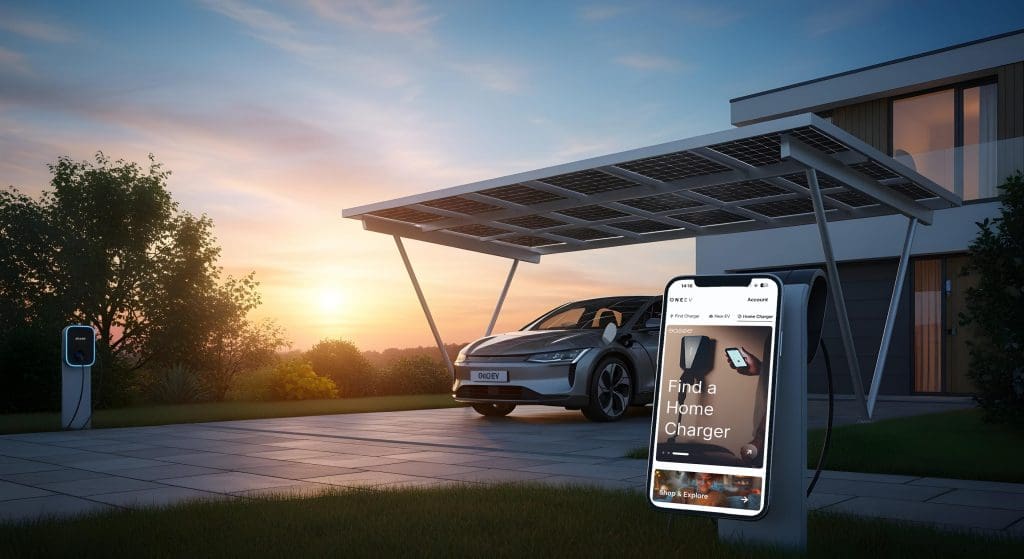“EV batteries are worse for the environment than petrol cars.” It’s a myth that still circulates—but a 2025 reality check reveals a very different story. When considering full lifecycle emissions, even batteries amount to lower carbon impact than petrol or diesel vehicles, especially under clean energy policy and recycling advances in the UK and EU.
Lifecycle Emissions: Production vs. Usage
EV battery production does generate higher initial CO₂ emissions due to mining, cell assembly, and shipping. However, over time, the total emissions for BEVs become lower than ICE vehicles—typically within 2–3 years of normal use in the UK. Most EVs outperform combustion models in carbon impact over their full lifespan ([inevitable.com](https://www.inevitable.com/ev-lifecycle-analysis-2025?utm_source=chatgpt.com), [euobserver.com](https://euobserver.com/environment/2025/battery-recycling-regulation?utm_source=chatgpt.com)).
The Power of Green Energy & Recyclability
The UK’s clean grid and increasingly renewable electricity mix accelerate the crossover point when EVs become lower-carbon. Meanwhile, new battery recycling technologies capture over 90% of lithium, cobalt, and nickel—driven by EU regulations under the Battery Regulation Act (2023).
Manufacturers like Volvo and Nissan have made progress with battery repurposing and closed-loop recycling programs.
Real-World Emissions Examples
Independent UK studies show:
- A used EV retains a significantly lower carbon footprint over its life compared to a petrol equivalent—even after accounting for battery manufacturing.
- In urban areas powered by renewable grid energy, EVs can be **50% cleaner after 20,000 miles** and up to **75% cleaner** after 60,000 miles.
What About Battery Recycling?
UK firms are investing in mechanical and hydrometallurgical recycling techniques that recover upwards of 95% of valuable materials ([batteryrecyclers.org.uk](https://batteryrecyclers.org.uk/2025-progress-report?utm_source=chatgpt.com)). Combined with extended producer responsibility mandates across the EU, this ensures EV batteries remain part of a circular economy.
How ONEEV Promotes Sustainable EV Ownership
The ONEEV app encourages efficient charging habits—such as charging during periods of high renewable generation and avoiding excess fast charging—which further reduces lifecycle emissions by improving operational efficiency.
Key Takeaways UK Drivers Should Know
- EVs have higher upfront manufacturing emissions—but rapidly outperform petrol cars in total carbon impact.
- Battery recycling and renewable grid investment accelerate emissions break-even.
- EV ownership—especially with tools like ONEEV—can be both cost-smart and eco-smart.
The Final Word
The idea that EV batteries harm the environment more than petrol is outdated. UK policy, grid evolution, and recycling innovation ensure electric vehicles lead the way on sustainability. With smart charging and longer ownership, it’s clear: EVs offer cleaner transport—not just technology.
